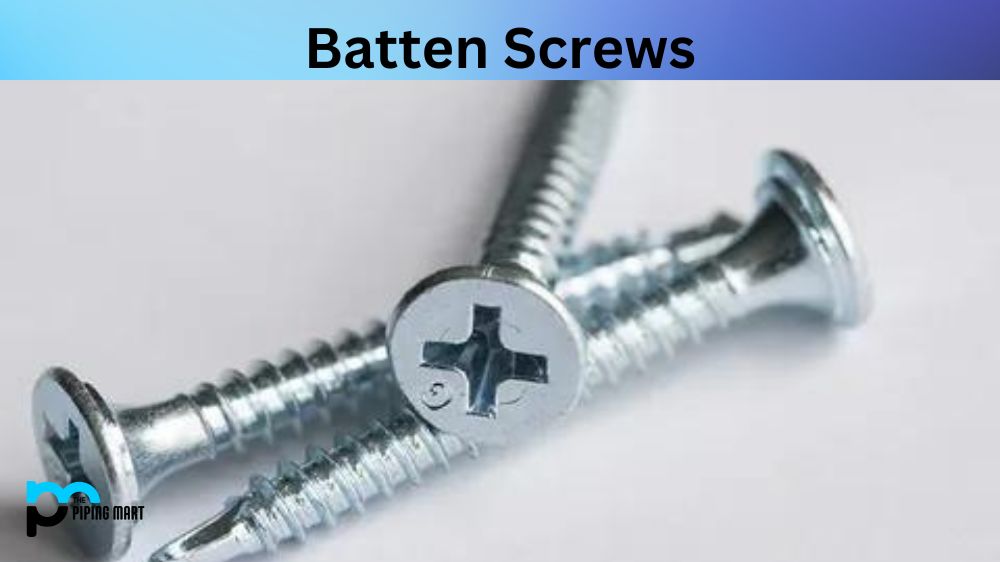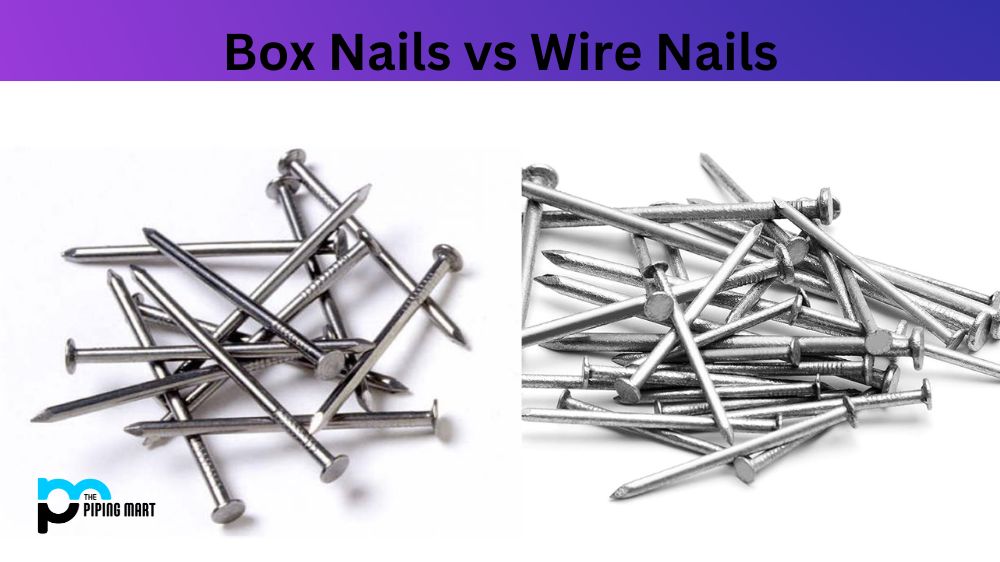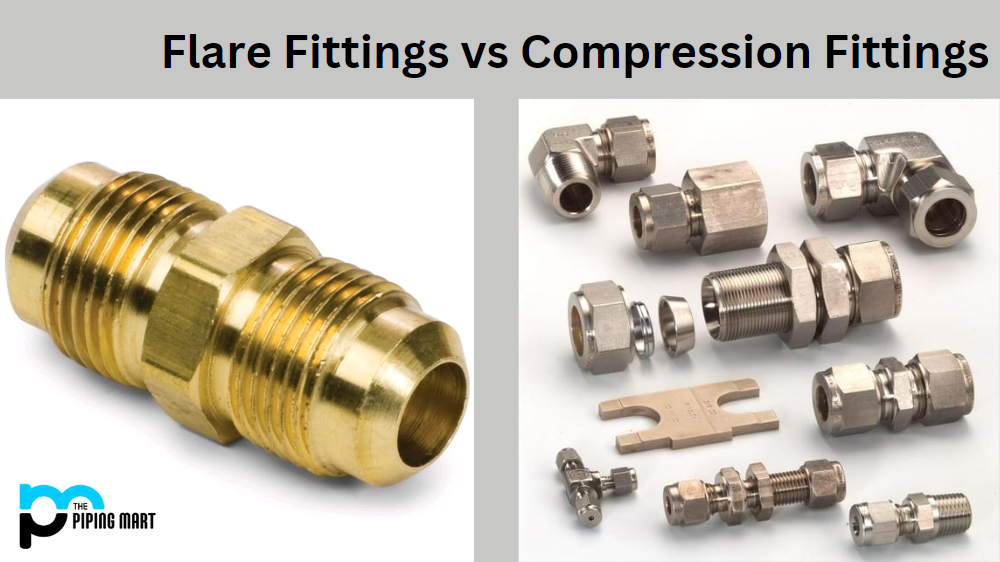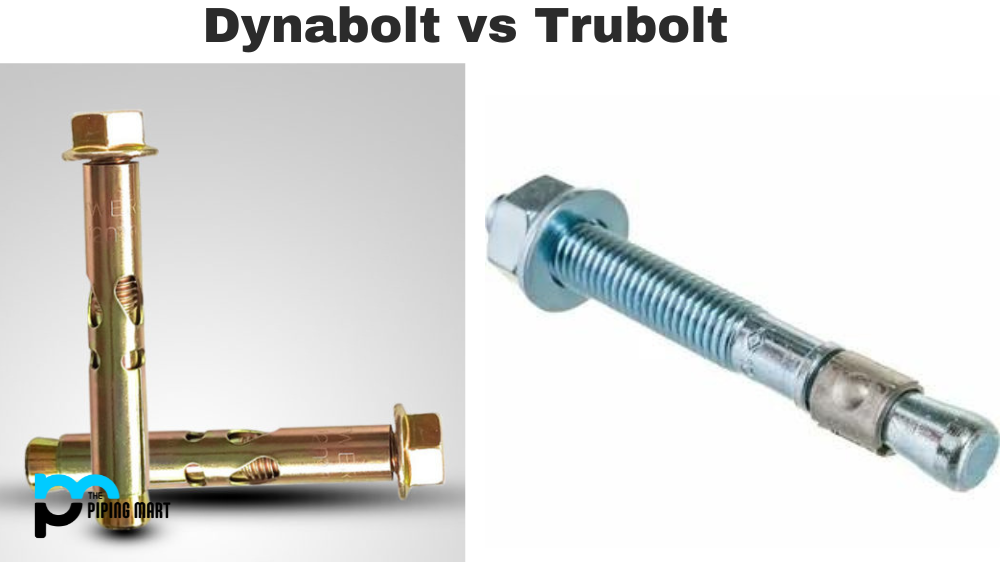Are you planning to use batten screws for your next woodwork project? Batten screws are essential to any DIY lover’s toolkit, mainly used for securing battens to ceilings and walls. They are also used for fixing metal roofing, cladding panels, and other applications. However, just like any other type of screw, batten screws have advantages and disadvantages. In this blog, we’ll look at the pros and cons of batten screws to help you decide if they are the right choice for your project.
What is Batten Screw?
A Batten Screw is a type of wood screw, typically used to fasten metal roofing or siding panels directly to wood. It has an extra-long shank which helps prevent the panel from lifting off due to strong winds. Its fine threads help it cut easily into wood and hold firmly even in harsh climates.
Advantages of Batten Screws
Easy to use: One of the primary advantages of batten screws is their simplicity and ease of use. They feature a sharp, self-drilling point that eliminates the need for pre-drilling, considerably reducing installation time.
High holding power: Batten screws are designed to grip the material firmly and securely, thanks to their aggressive, coarse threading. This provides a high holding power that enables the screw to remain in place, even under high strain or vibrations.
Corrosion resistant: Batten screws are often made of galvanized or stainless steel, giving them impressive corrosion resistance and ideal for outdoor applications.
Multi-purpose: Batten screws are versatile and can be used for various tasks, such as attaching battens to metal or timber, securing roofing sheets or steel cladding panels, and fixing fence boards.
Disadvantages of Batten Screws
Limited size variations: Batten screws are generally available in limited sizes, which can limit their versatility. It may not be suitable for large projects and applications that require larger diameter or longer screws.
Uneven pressure: Batten screws can apply uneven pressure to the surface they are screwed into, which can cause deformation or cracking of the substrate.
Low sheer strength: Batten screws may have high holding power but lack the strength required for some applications. This means they might need to be more suitable for installing heavy-duty cladding.
Cost: Batten screws can be more expensive than other types of screws, which can be a downside if you need to buy a large quantity for your project.
Conclusion:
In conclusion, batten screws are a versatile and convenient fastening solution with many benefits, including rapid installation time, rust resistance, and high holding power. However, they also have limitations, including size variations, uneven pressure application, and lower sheer strength than other screw types. Whether you use batten screws or not depends on your project’s specific requirements and the materials involved. It’s always a good idea to consult a professional before deciding on a fastening solution for your project.

Abhishek is a seasoned blogger and industry expert, sharing his insights and knowledge on various topics. With his research, Abhishek offers valuable insights and tips for professionals and enthusiasts. Follow him for expert advice on the latest trends and developments in the metal industry.




